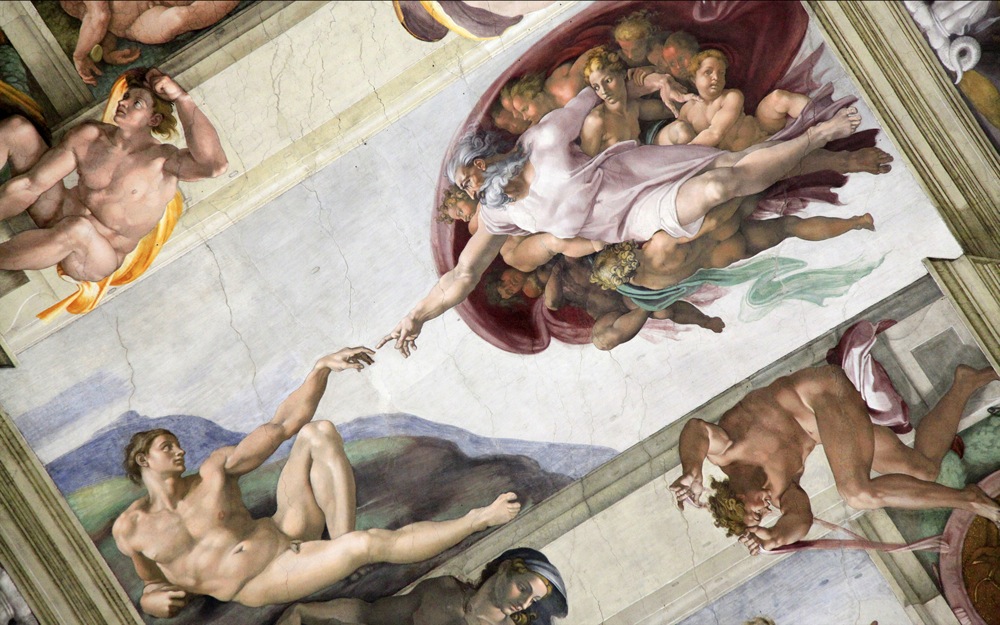
Get the world’s most fascinating discoveries delivered straight to your inbox.
You are now subscribed
Your newsletter sign-up was successful
Want to add more newsletters?

Delivered Daily
Daily Newsletter
Sign up for the latest discoveries, groundbreaking research and fascinating breakthroughs that impact you and the wider world direct to your inbox.

Once a week
Life's Little Mysteries
Feed your curiosity with an exclusive mystery every week, solved with science and delivered direct to your inbox before it's seen anywhere else.

Once a week
How It Works
Sign up to our free science & technology newsletter for your weekly fix of fascinating articles, quick quizzes, amazing images, and more

Delivered daily
Space.com Newsletter
Breaking space news, the latest updates on rocket launches, skywatching events and more!

Once a month
Watch This Space
Sign up to our monthly entertainment newsletter to keep up with all our coverage of the latest sci-fi and space movies, tv shows, games and books.

Once a week
Night Sky This Week
Discover this week's must-see night sky events, moon phases, and stunning astrophotos. Sign up for our skywatching newsletter and explore the universe with us!
Join the club
Get full access to premium articles, exclusive features and a growing list of member rewards.
Four in 10 Americans believe God created the Earth and anatomically modern humans, less than 10,000 years ago, according to a new Gallup poll.
About half of Americans believe humans evolved over millions of years, with most of those people saying that God guided the process. Religious, less educated, and older respondents were likelier to espouse a young Earth creationist view — that life was created some 6,000 to 10,000 years ago — according to the poll.
Though the percentage of people who believe in creationism has changed little over the decades, the percentage of people who believe humans evolved without God has more than doubled, and the percentage who believe in God-guided evolution has decreased. [Creationism vs. Evolution: 6 Big Battles]
Supernatural beliefs
Americans consistently report high levels of belief in the supernatural. About 80 percent of Americans believe in miracles and three-quarters believe in the virgin birth of Jesus, according to a 2013 Pew survey.
At the same time, while most Americans have a healthy respect for science, many could use a refresher course in the basics. For instance, a 2014 National Science Foundation study found that only three out of four Americans know that the Earth revolves around the sun and not vice versa, and a large percentage didn't know the Earth's core was hot. Large percentages didn't know that the father's sperm determines a baby's sex.
Evolving views?
Get the world’s most fascinating discoveries delivered straight to your inbox.
As part of the Values and Beliefs Survey, Gallup called a random sample of 1,028 landline and cellphone users and asked them which of three descriptions most closely matched their beliefs: that humans have developed over millions of years from less advanced forms of life, but God guided this process; that humans have developed over millions of years from less advanced forms of life, but God had no part in this process; or that God created human beings pretty much in their present form sometime in the last 10,000 years or so. Gallup has asked people similar questions since 1982.
About 42 percent espoused the creationist view presented, whereas 31 percent said God guided the evolutionary process, and just 19 said they believe evolution operated without God involved.
Religion was positively tied to creationism beliefs, with more than two-thirds of those who attend weekly religious services espousing a belief in a young Earth, compared with just 23 percent of those who never go to church saying the same.
Just over a quarter of those with a college degree hold creationist beliefs, compared with 57 percent of people with such views who had at most a high-school education, the poll found.
Knowledge key
Most of the people who believed in evolution also said they were knowledgeable about the theory, whereas those who said they were not too familiar with the theory also were less likely to believe in it.
Americans' belief in creationism is at odds with scientific consensus. Almost all scientists who study human origins believe that we evolved from other life-forms over millions of years. In fact, humans, or individuals in the genus Homo, are said to have emerged on Earth some 2.5 million years ago.
Follow Tia Ghose on Twitter and Google+. Follow Live Science @livescience, Facebook & Google+. Original article on Live Science.

Tia is the editor-in-chief (premium) and was formerly managing editor and senior writer for Live Science. Her work has appeared in Scientific American, Wired.com, Science News and other outlets. She holds a master's degree in bioengineering from the University of Washington, a graduate certificate in science writing from UC Santa Cruz and a bachelor's degree in mechanical engineering from the University of Texas at Austin. Tia was part of a team at the Milwaukee Journal Sentinel that published the Empty Cradles series on preterm births, which won multiple awards, including the 2012 Casey Medal for Meritorious Journalism.
 Live Science Plus
Live Science Plus





